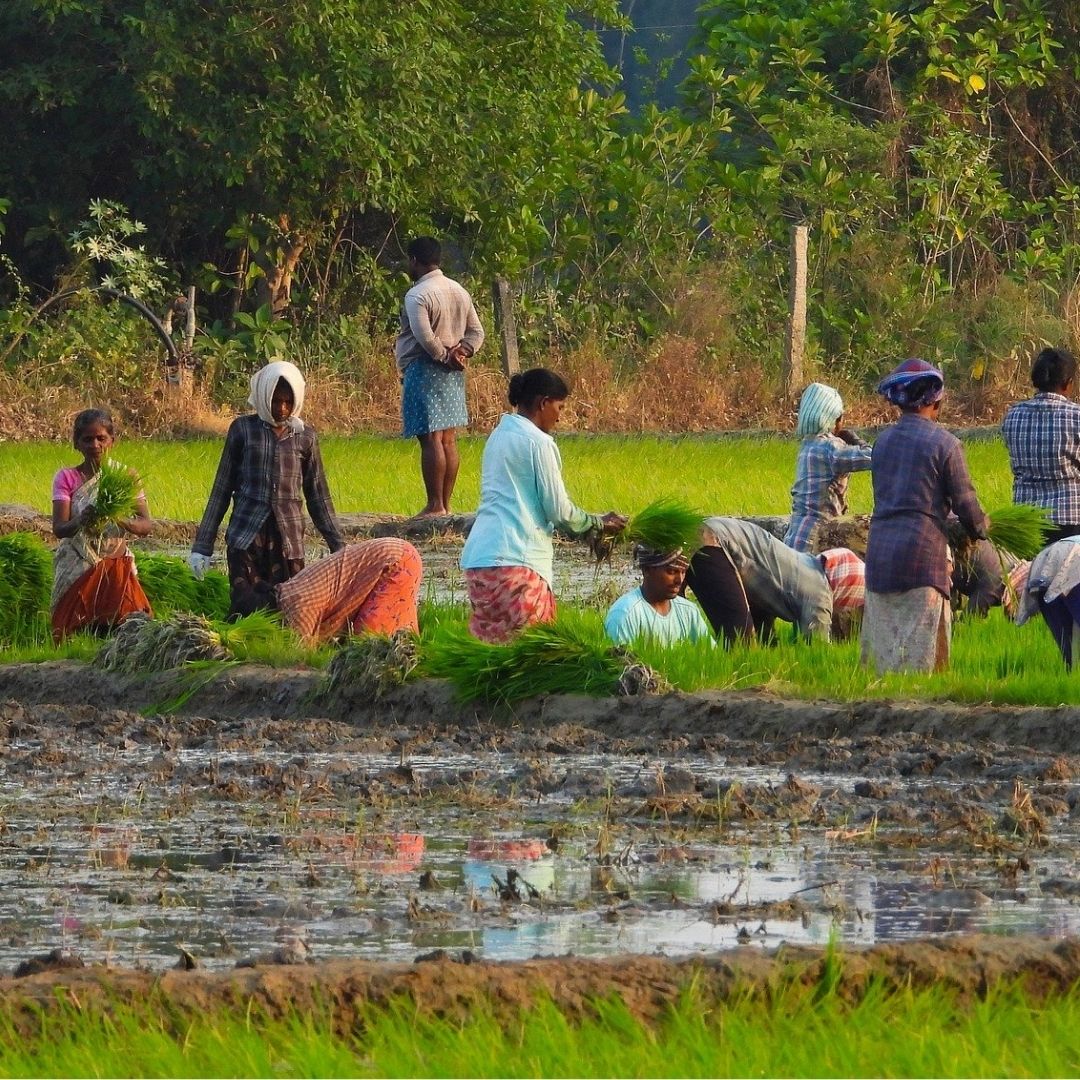
Credits: Pixabay
Over 13% Applicants Of Govt's Rural Employment Scheme This Year Remain Unemployed: Reports
Writer: Devyani Madaik
A media enthusiast, Devyani believes in learning on the job and there is nothing off limits when it comes to work. Writing is her passion and she is always ready for a debate as well.
India, 30 Oct 2021 11:12 AM GMT
Editor : Palak Agrawal |
Palak a journalism graduate believes in simplifying the complicated and writing about the extraordinary lives of ordinary people. She calls herself a " hodophile" or in layman words- a person who loves to travel.
Creatives : Devyani Madaik
A media enthusiast, Devyani believes in learning on the job and there is nothing off limits when it comes to work. Writing is her passion and she is always ready for a debate as well.
The Centre also reduced budget for this year for the Mahatma Gandhi National Rural Employment Guarantee Scheme (MGNREGS), along with no allowance for unemployment. For the fiscal year 2021-22, the government has allocated Rs 73,000 crore to the scheme, 34% less than what was provided the previous year (Rs 1.11 lakh crore).
This year, about 13.25 per cent of the households who had applied for the Mahatma Gandhi National Rural Employment Guarantee Scheme (MGNREGS) did not get employment.
This was reported in an analysis conducted by the People's Action for Employment Guarantee (PAEG). The report stated that of the 6.77 crore people who sought work under the program, only 5.87 crores were employed, while the rest, 89.7 lakh or 13.25%, were left at bay.
The findings were shared by Mazdoor Kishan Shakti Sangthan member Nikhil Dey, who called it an alarming figure.
"This shows that people who are demanding work even on the MIS [NREGS Management Information System]. The truth is much more demand work, and they do not get work because they do not even get the dated receipts, which allows them to be recorded here. But those who are recorded officially (also) forced themselves to get dated receipts, (but) even they are not getting work, and they are not getting unemployment allowance," The Indian Express quoted Dey as saying.
According to the program, 100 days of wage employment is provided annually to a rural household whose members volunteer to work in the informal sector. The Centre also reduced the budget for this year, along with no allowance for unemployment.
For the fiscal year 2021-22, the government has allocated Rs 73,000 crore to the scheme, 34 per cent less than what was provided the previous year (Rs 1.11 lakh crore).
Delay In Payment Of Wages
Dey also shared a LibTech study conducted by a group of social scientists, activists, engineers, and data scientists, claiming delays in the payment of wages.
This was observed after the Centre decided to transfer funds by segregating the workers by their castes (separate budget heads for Scheduled Caste and Scheduled Tribe members). Instead, the study said it led to friction among religious and caste differences and more work for the block officers.
Also Read: Know About How 'Taking The Knee' Gesture Emerged As A Symbol Against Racism
 All section
All section














